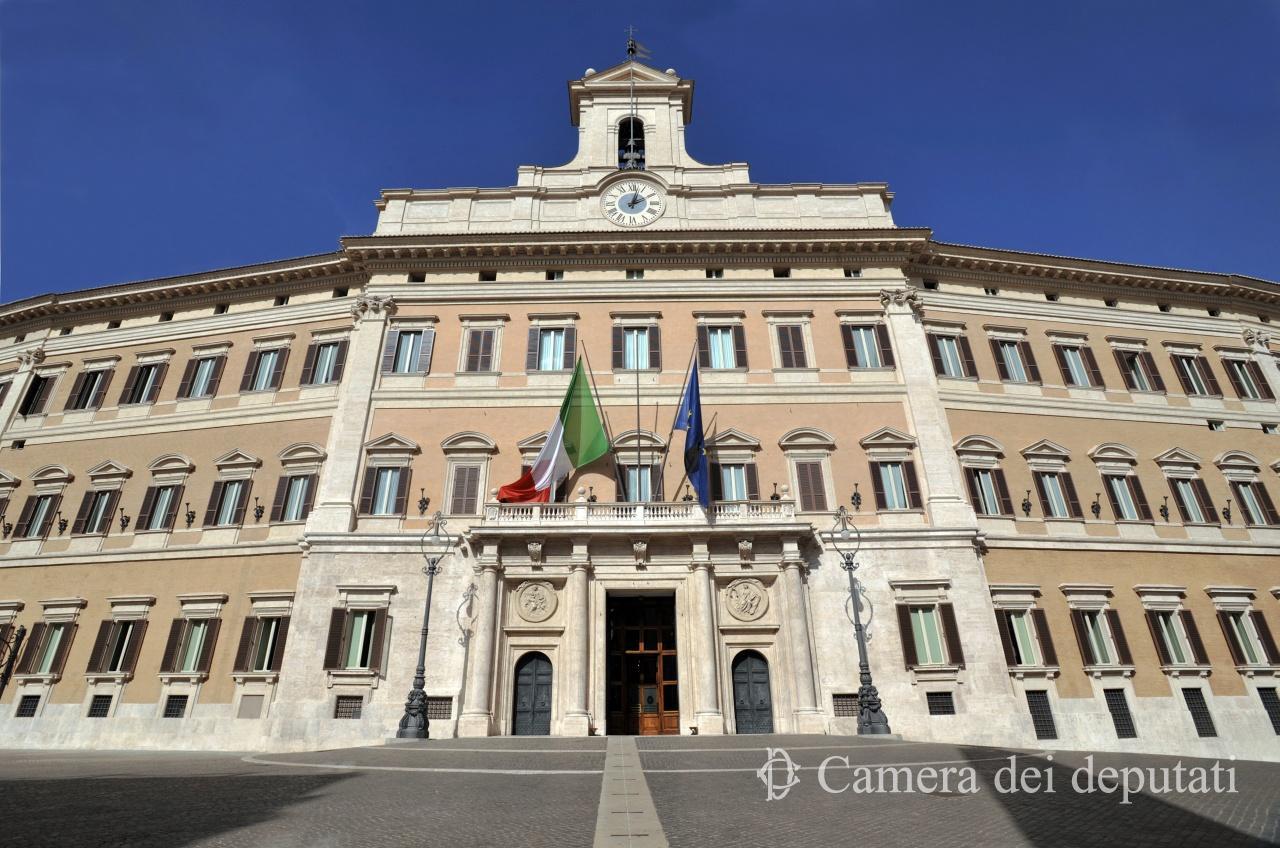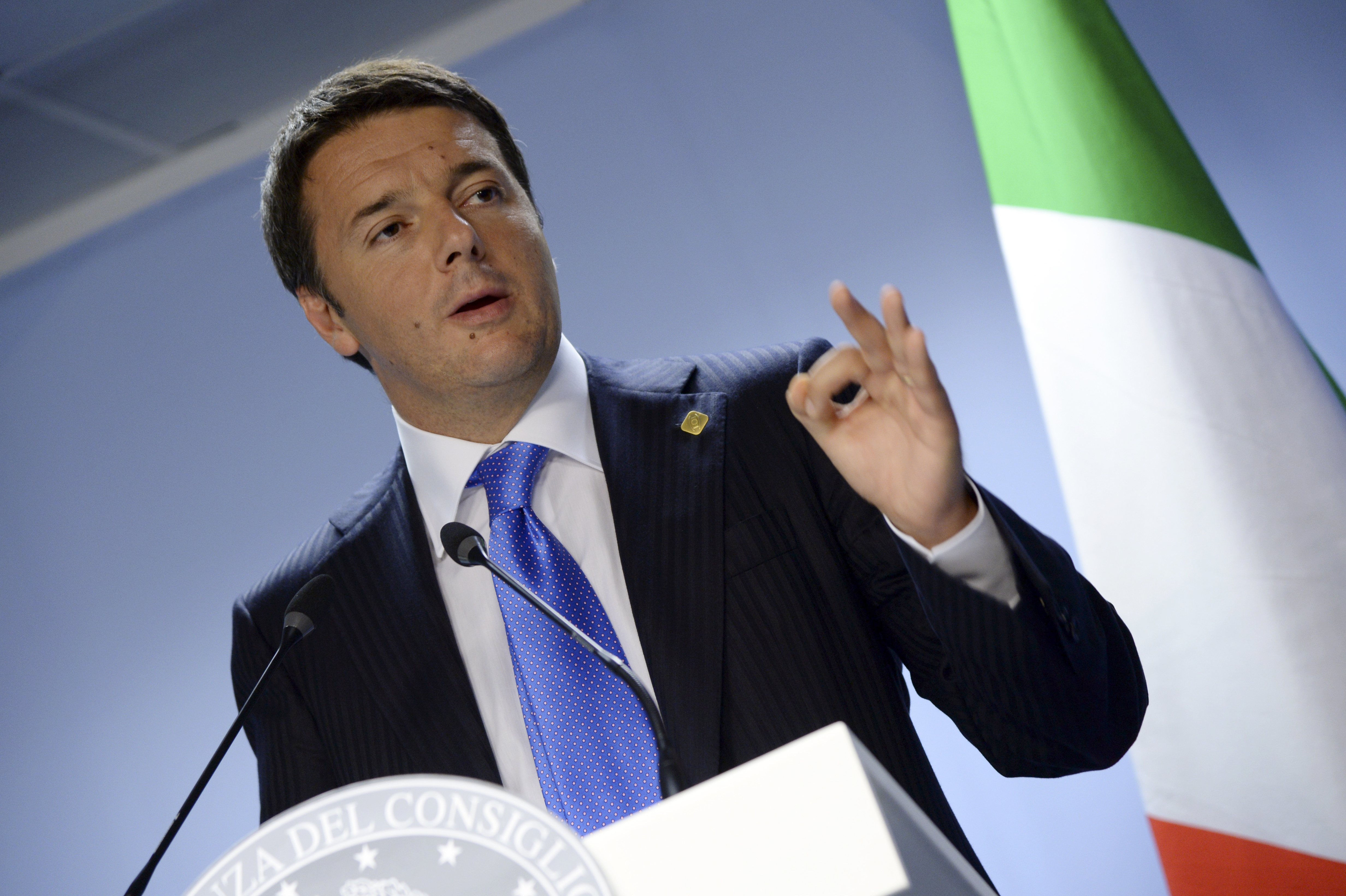Media: Renzi’s ‘foolish gamble’ backfires

Italian Prime Minister Matteo Renzi has resigned after voters heavily rejected a national referendum to make changes to the country’s constitution. Swiss newspapers aren’t convinced by Beppo Grillo, head of the Five Star protest movement, who “talks a lot but says little”.
“Such a considerable defeat was unimaginable,” declared the Corriere del Ticino. “The No camp triumphed by a colossal margin.”
The newspaper in Italian-speaking Switzerland said Italians had rejected a constitutional reform which, had it been approved, would have questioned certain fundamental principles of democracy and the Italian republic. In the end, almost 60% of voters came out against the reforms.
What’s more, voters had given a firm thumbs-down to Renzi, “who less than three years ago was still seen as some sort of extraordinary innovator and considered by many Italy’s only real hope”.
Although the vote focused on making the central government stronger and the Senate weaker, some also said it would have given the prime minister too much power. The poll was widely seen as a chance for Italians to show their discontent at the ballot box and to register how unhappy they were with the political establishment. Those campaigning against him were led by a mixture of populist parties who have capitalised on Italy’s economic problems and public concern over immigration.
Renzi took a “foolish” gamble, wrote the Tages-Anzeiger in Zurich. However much he tried to separate his own personal destiny from the issues at stake, he couldn’t – everyone who wanted to punish him for not bringing the economy back up to scratch or for his “self-important” governance style took the opportunity.
However, even more important than the personal aspect is the danger that the No vote will end a period of renewal that had been winning Italy a lot of respect abroad, the paper added. Renzi had a new “dynamic” that the country urgently needed.
The expat vote
Italian voters in neighbouring Switzerland bucked the trend and voted by 64.25% in favour of the reforms, according to figures published on the interior ministry website on Monday.
This figure is similar to that for the roughly four million Italian expats as a whole (64.7%). The turnout rate for the 480,000 eligible Italian voters who live in Switzerland was 42.32%.
“No prime minister before him had carried out more reforms – and faster than he had – although they were far from perfect,” it said.
‘Buonanotte!’
The Tages-Anzeiger noted that one winner on Sunday was Beppe Grillo, the founder and leader of the Five Star protest party, who motivated people to “vote with their gut feeling, rather than with their heads”.
“It’s difficult to define the Five Star movement,” the paper wrote. “It’s not really comparable with other European populist parties, taking ideas from the left and the right to win as much support as possible.”
The paper concludes that although the party is “not yet standing at the door to power”, if hate is their only argument for Italy’s future, then “Buonanotte!”
Le Temps in Geneva said that while the Five Star Movement could already see itself in power, Matteo Salvini, leader of the Lega Nord party, which wants more autonomy for northern regions, was delighted by the “victory of the people over the powerful”.
However, it said Renzi’s defeat could not be explained only by anti-establishment populism. It pointed out that the No camp comprised “in addition to the anti-system brigade, representatives of the political caste which they ceaselessly attack, namely former Prime Ministers Mario Monti, Massimo D’Alema and Silvio Berlusconi”.
‘Noisy brat’
Yet another popular vote has gone differently to how the government planned or wanted, wrote the Neue Zürcher Zeitung (NZZ).
Renzi, who pitched himself as the “scrap merchant of the old political order”, now finds himself “on the scrap heap”.
The reforms were difficult to communicate and to understand, it said. Italians didn’t trust him and his “lust for power”. Perhaps Italians have had enough of “solo entertainers” and egoists, it mused.
Either way, the new scrap merchant has arrived: Grillo, the “noisy brat of the nation”, who talks a lot but says little – little that’s binding anyway, the paper continued, adding that what he does say is played out on numerous stages and on television, as he rages against politicians, the system and the euro.
The NZZ said the weaknesses of the political system were more visible than ever, and the concerns in the eurozone are strongly felt right now. Italy with its high debt level and a crisis in government is enough to make the single currency quake – especially after the general insecurity caused by the Brexit decision.
The current mood is focusing more on the stability of the euro than on Italy, it concluded.

In compliance with the JTI standards
More: SWI swissinfo.ch certified by the Journalism Trust Initiative




You can find an overview of ongoing debates with our journalists here . Please join us!
If you want to start a conversation about a topic raised in this article or want to report factual errors, email us at english@swissinfo.ch.